please rotate your device to landscape mode for optimal viewing.
INSTAGRAM
please rotate your device to landscape mode for optimal viewing.
The Community Engagement and Social Change minor is an interdisciplinary program that creates a unique opportunity for students to examine strategies for social change through sustained engagement in Los Angeles and beyond. It complements any major.
To learn more, register for one of our Zoom info sessions below!
Spring Information Session Dates:
| Session #1 | Apr 2, 2025 01:00 PM |
| Session #2 | Apr 9, 2025 01:00 PM |
| Session #3 | Apr 16, 2025 01:00 PM |
Click below to register for either information session:
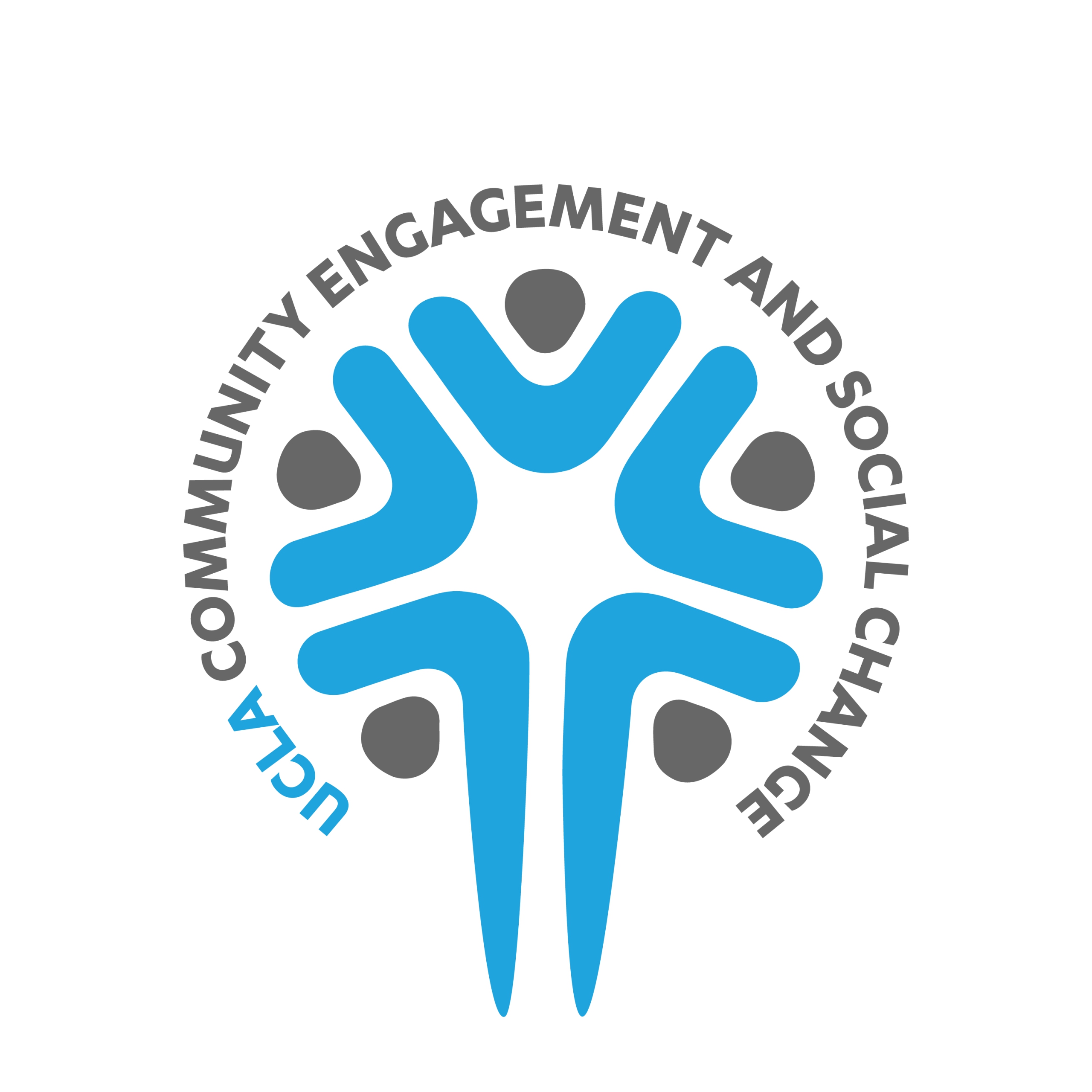
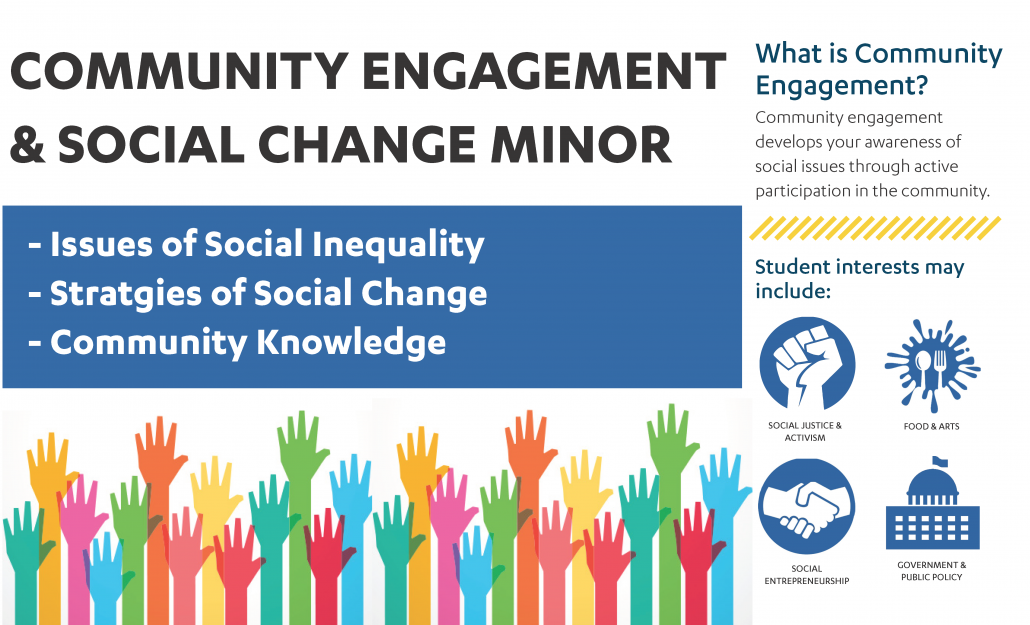
Students pursuing the Community Engagement and Social Change minor must complete the following requirements (see table below). A minimum of 20 units applied toward the minor requirements must be in addition to units applied toward major requirements or another minor. Each minor course must be taken for a letter grade.
CESC Minor Requirement |
Course Information |
| One (1) Core course | Community Engagement and Social Change 50XP or 100XP |
| Two (2) Community-Engaged courses | Includes any community-engaged course (XP)*, service-learning course (SL), and 195CE internship courses
One (1) of the two (2) courses can be lower division |
| One (1) Strategy of Social Change course | Includes courses on community organizing, policy development, advocacy, social entrepreneurship, activism, or translational research |
| One (1) Upper Division Elective** | The course selected should further a student’s interests and prepare you for your Capstone research courses |
| Two (2) Capstone Community-Engaged Research courses*** | Community Engagement and Social Change 191AX (winter quarter only) and 191BX (spring quarter only). Capstone courses must be taken in successive winter and spring quarters. |
*Some community-engaged courses may have an abbreviated version of the “XP” suffix (e.g. English 4WX) if the course already carries a mandatory suffix.
**There is a maximum of 2 upper division course overlap between your major and the CESC minor.
***The following capstone majors are approved to count towards the CESC capstone requirement: Environmental Science (ENV 180A, B, C), Neuroscience (NEUROSC 192BX, 192CX), Labor Studies (LBR STD 191A, 191B)
Please review the approved list of courses that will count towards the CESC minor by clicking below. You can search the Schedule of Classes to view which term each course is offered.
To petition a course that is not on the approved list, please submit the course petition form below. Any requirement besides the Core course (CESC 50XP or 100XP) can be petitioned.
The UCLA Quarter in Washington program offers students the opportunity to intern in Washington, DC while remaining a full-time UCLA student. QIW includes a combination of internships, coursework relevant to Washington, DC, and making career connections at the national level.
| QIW Course | Fulfills CESC minor requirement |
| Community Engagement and Social Change (CESC) 155DC | Coming Fall 2025. TBD. |
| Political Science, History, Sociology, Community Engagement and Social Change, or Public Affairs M195DC |
Does not count towards minor. P/NP only. |
For more course information, application details, and syllabi, please visit the UCLA Quarter in Washington program.
To apply to the minor, you must:
Required UCLA cumulative GPA of 2.0 or higher.
Students interested in pursuing the Community Engagement and Social Change (CESC) Minor should view the recorded Information Session (below) about the minor before applying. View our upcoming info sessions here!
Please consult the table on the right for application deadlines. Submit this digital application online.
What are the CESC minor policies?
A minimum of 20 units applied toward the minor requirements must be in addition to units applied toward major requirements or another minor.
Each minor course must be taken for a letter grade, and students must have an overall grade-point average of 3.0 or better in the minor. Successful completion of the minor is indicated on the transcript and diploma.
Do I need to wait to be officially declared a minor student to take CESC courses?
No, you may take any CESC courses (with the exception of the capstone courses) before you are a declared CESC minor.
Once you are declared, the courses you’ve taken that satisfy the CESC Minor requirements will automatically be added to your degree audit report. If they do not, please contact CCE Academic Coordinator, Christina-Marie Santillan for a DARS Request. Please include your UID, the name and title of each course, and the term in which you completed each course in the email.
How do I petition a course that is not on the approved list of courses?
Students can petition to apply courses to the Community Engagement and Social Change Minor that are not on the approved list of courses. If you completed (or are currently enrolled in) a course that you believe
aligns well with the mission of the Community Engagement and Social Change Minor, you can petition to apply a course substitution. To petition to apply a course to the CESC Minor, you need to submit the following
information via the Course Petition google form.
(a)Course number and title
(b)Course syllabus
(c)Term and year that you completed the course (ex: Spring 2024, Summer 2024)
(d)A statement that addresses the reason you think that the course you are petitioning is relevant to the Community Engagement and Social Change Minor.
Please allow 5-10 business days for your petition to be reviewed and to be notified on the final outcome. If your petition is approved, your academic record will be updated accordingly.
After attending an info session, students who are interested in applying to the CESC minor and have additional questions or concerns may request an academic advising appointment by contacting Christina-Marie Santillan, Assistant Director for Community-Engaged Learning at cmsantillan@college.ucla.edu.
The senior capstone courses include CESC 191AX (only offered in winter quarter) and CESC 191BX (only offered in spring quarter). The capstone is meant to be the culminating experience in the minor. Therefore, students should plan to complete the capstone in their senior year.
Students should expect to bring the entirety of their previous community engagement experiences into their research project. The research is developed and conducted in collaboration with a community partner; ideally, you will partner with an organization that you have worked with previously in one of your community-engaged courses. Alternatively, students may have the opportunity to develop a research project with an organization that is a longstanding partner of the Center for Community Engagement.
Here’s what to expect:
You will learn how to formulate and conduct community-engaged research
You will learn about different forms of community-engaged research that is conducted with and to benefit a community
You will learn about community-engaged research in the context of your own interests
Course outputs:
Community-engaged research proposal
Live presentation at UCLA undergraduate research week
Final community-engaged research project deliverables
The completion of a redesigned CESC minor e-portfolio
Collaborating with your community partner
The capstone is an opportunity for you to engage with a community partner throughout the research project, including:
The project should reflect an ongoing conversation with your partner. It should satisfy both your capstone interests, and the interests of the partner. If you need assistance identifying a community partner to work with for your capstone project, please email Dr. Doug Barrera.
Below are some examples of CESC students’ research topics and their community partners.
| Research Topic Description | Community Partner |
|---|---|
| Fostering Growth in Technology: Foster Youth in Los Angeles | LA Tech.org |
| The Perceived Social Conditions Contributing to Community Violence in Los Angeles | SoCal Crossroads |
| Examining Financial and Educational Programs as Supportive Measures to the Re-entry Process | LA Reentry |
| The Role of After-School Programs on Low-Income Teens: A Case Study on Mar Vista Gardens Boys and Girls Club | Santa Monica Boys & Girls Club Mar Vista Gardens Center |
| Housing Injustice in Los Angeles: Manifestations of Housing Injustice in Distinct Areas of Los Angeles | Legal Aid Foundation of Los Angeles |
To read a selection of the most recent capstone research papers, please visit: https://escholarship.org/uc/ucla_communitylearning
Community Engagement and Social Change 191AX and 191BX must be completed with grades of B or better. Students must have completed the core courses requirement, and at least one other community-engaged course prior to enrolling in the Community Engagement and Social Change 191AX.
Students that are a part of the Astin Scholars program may have the courses Community Engagement and Social Change M190A, M190B, and M190C satisfy the capstone requirement. Students may petition to have a capstone sequence completed for their major satisfy the minor’s capstone requirement. Petitions are reviewed on a base-by-case basis, and are assessed by how closely the major capstone requirements align with desired learning outcomes associated with the minor’s capstone requirement.
The Community Engagement and Social Change Minor’s Faculty Advisory Committee is made up of the following members:
| Andrew Atkeson (Chair) | Economics and Finance |
| Jennifer Jay | Civil & Environmental Engineering |
| Jose-Felipe Martinez | Education |
| Amy Ritterbusch | Social Welfare |
| Rafael Romero | Neuroscience |
| Ananya Roy | Urban Planning, Social Welfare, and Geography |
| David Shorter | World Arts and Cultures/Dance |
Now accepting applications for the AY 2025-2026 committee! See below for more info.
The Community Engagement and Social Change Student Advisory Committee (SAC) is composed of student leaders from the CESC Minor. The committee convenes quarterly throughout the academic year. Committee members serve as three primary roles:
To apply for the CESC Student Advisory Committee for AY 2025-2026, please complete this google form. The application deadline has been extended to Friday, August 4, 2025.
For questions or concerns, please reach out to CM Santillan at cmsantillan@college.ucla.edu
The AY 24-25 Student Advisory Committee is made up of the following members:

Maya Panozzo
(she/hers)
Third year; Major: Human Biology and Society; Minor: Community Engagement and Social Change
What does community engagement mean to me?
Community engagement is about ensuring equity for everyone and taking action to do so. It is not just about having basic needs fulfilled like food, water, and shelter but also about the right to live with dignity by being listened to, respected, and having equal accessibility to opportunities. For change to happen and the ideas of social justice to be put into place, there has to be education of the public on these issues and actionable plans to take steps forward to create change. Uplifting communities through using the privilege that you have is how I view community engagement.

Alexa Rojas
(she/her)
Third year; Major: Psychobiology and Sociology ; Minor: Community Engagement and Social Change, Italian
What does community engagement mean to me?
Community engagement means actively connecting with communities beyond your own to learn about the people you are studying in a respectful and non-objectifying way. It is about fostering genuine relationships, where researchers and communities collaborate in a mutually beneficial process. Researchers gain a deeper understanding of the community, while the community has a voice in how they are represented in the study, ensuring their perspectives are shared and respected.
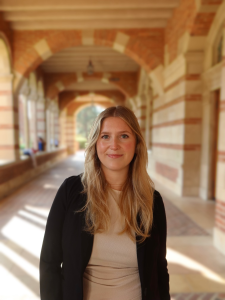
Amelia Shaffer, Co-chair
(she/her)
Fourth year; Major: Political Science; Minors: Community Engagement and Social Change, Labor Studies
What does community engagement mean to me?
Community engagement is not only about being involved in a community, but doing so in a way that contributes to the well-being, health, and flourishing of that community. This can look different to everyone: it may mean volunteering, voting, or being an activist. Regardless of what community engagement looks like to you, it means supporting a cause, contributing to the betterment of others, and pursuing the changes you wish to see in your communities.
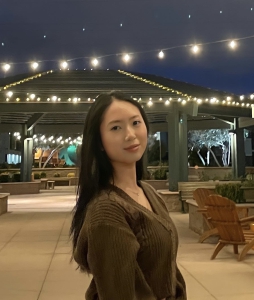
Andrea Thai
(she/her/hers)
Fourth year; Major: Physiological Science major; Minor: Community Engagement and Social Change
What does community engagement mean to me?
Community engagement to me means actively participating in efforts that foster collaboration, trust, and support among individuals to address shared challenges and create meaningful change. It’s about empowering others by listening, learning, and working together to build stronger, healthier, and more inclusive communities!
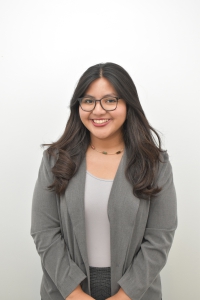
Karla Vásquez Pérez, Co-chair
(she/her/ella)
Third year; Majors: Political Science, Labor Studies; Minors: Community Engagement and Social Change, Central American Studies
What does community engagement mean to me?
For me community engagement is the power to uplift the voices and experiences of all community members. I believe it’s a form of solidarity and collective power.
The UCLA Center for Community Engagement (CCE) formed a Community Partners Council in 2023 to help us more fully integrate our partners into the development and assessment of our programs. The Council advises on all aspects of the Center’s work, including the development of reciprocal faculty/student partnerships with community organizations. Council members share their experience working with students and faculty, and the impact these partnerships have for their organizations and the communities they serve.
Focus areas for the Council:
Students interested in learning about the minor are invited to attend a CESC info session.
Please contact Christina-Marie Santillan, Assistant Director for Community-Engaged Learning at cmsantillan@college.ucla.edu for questions about any of the following:
